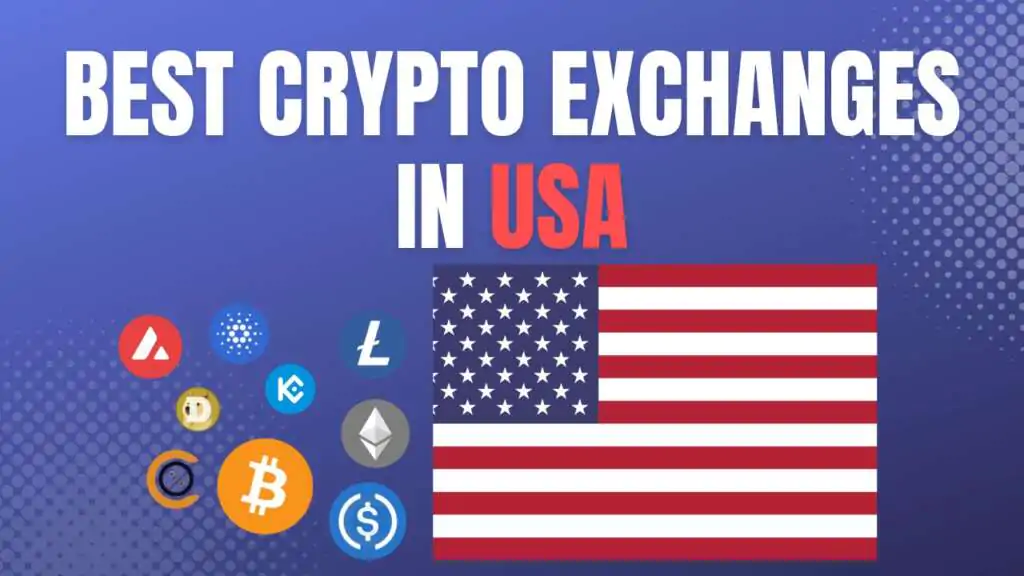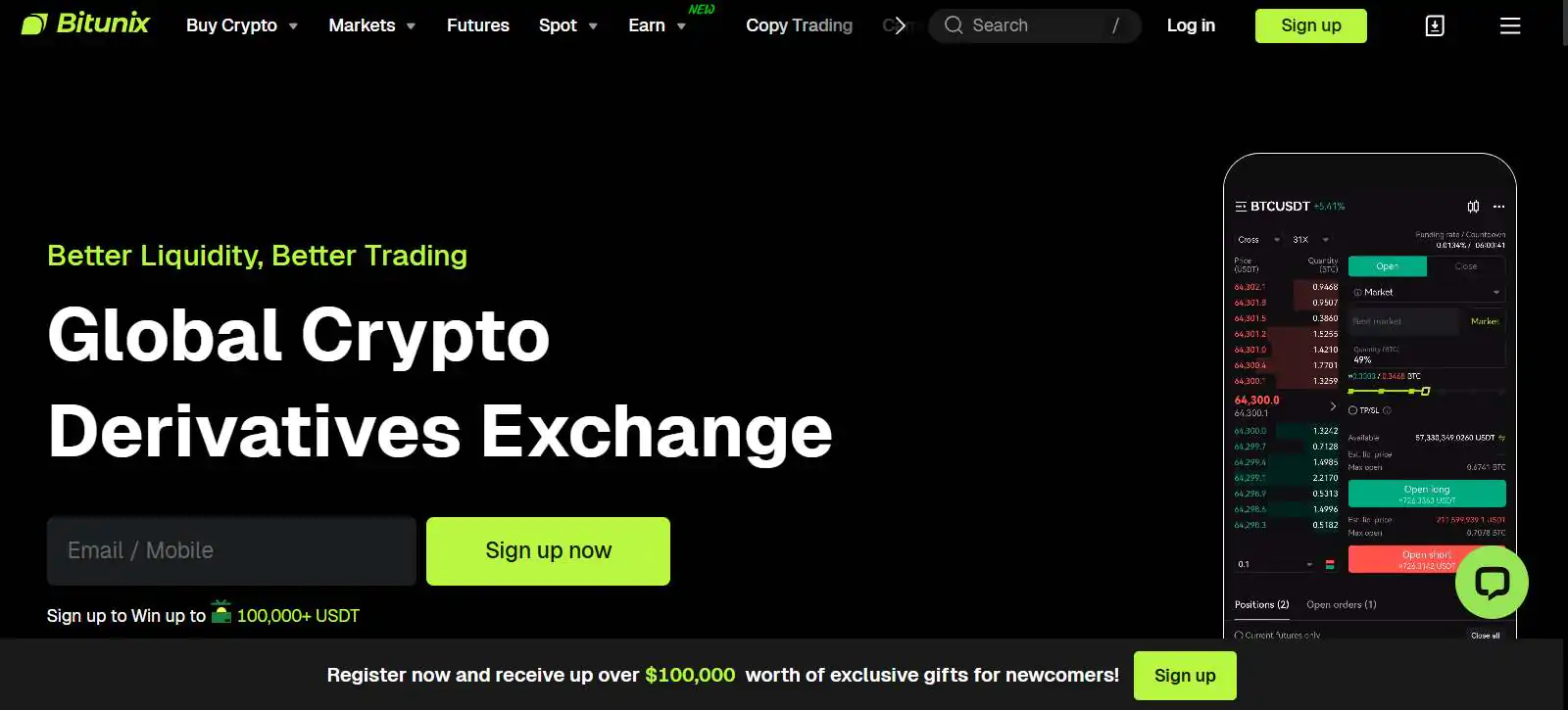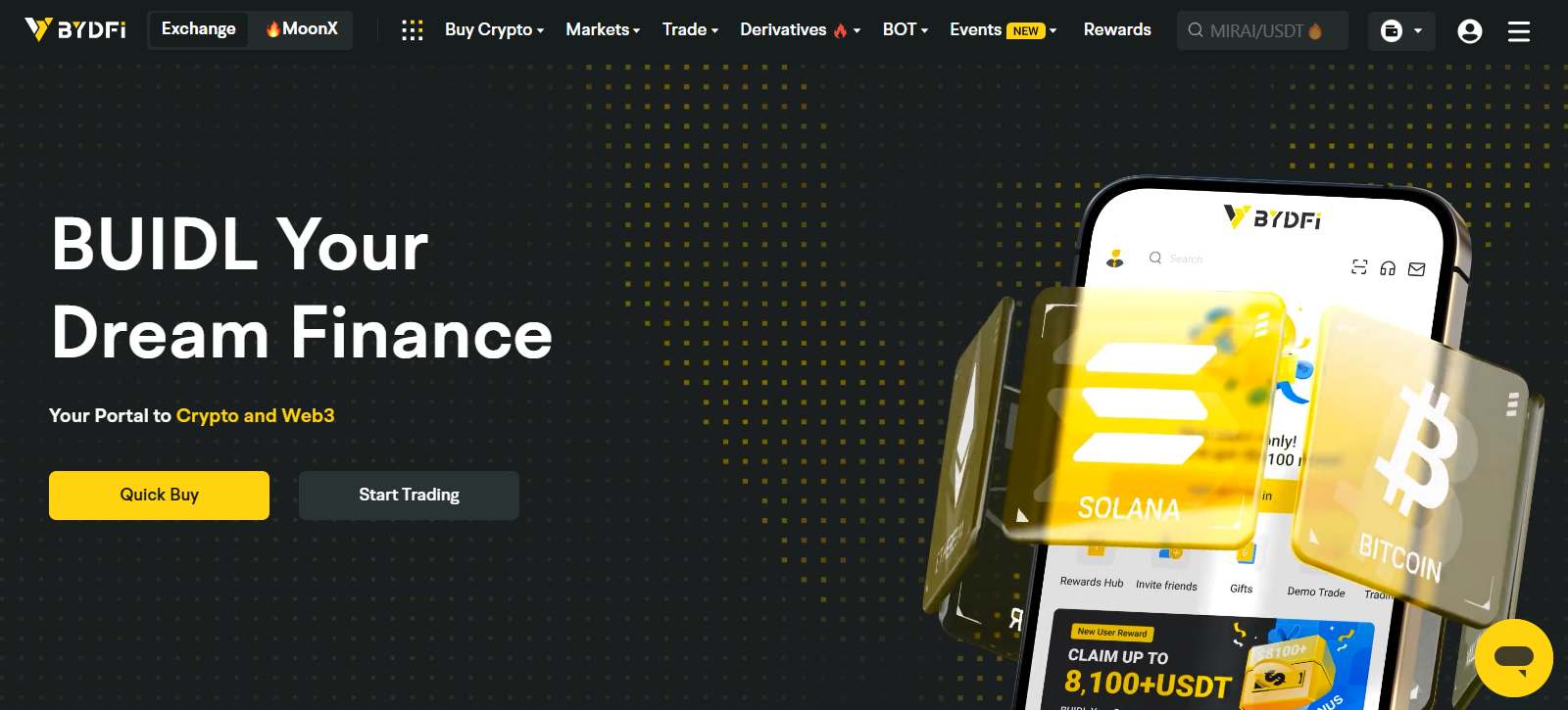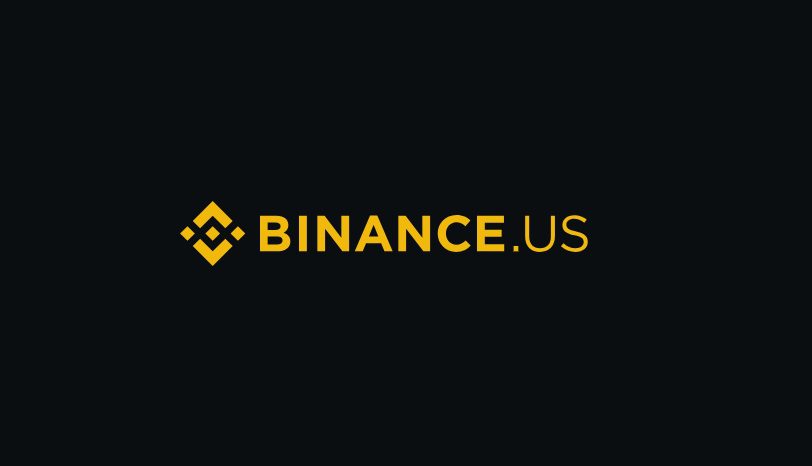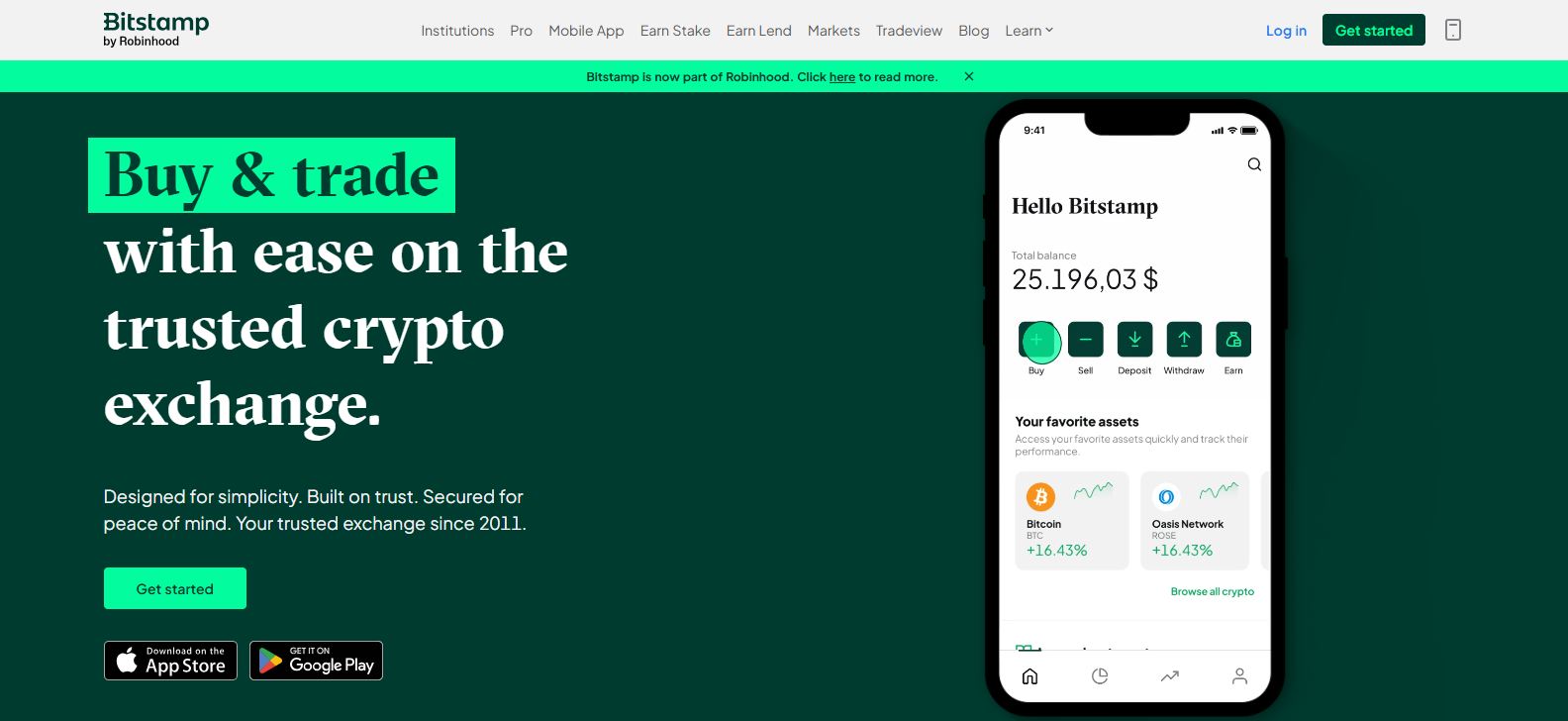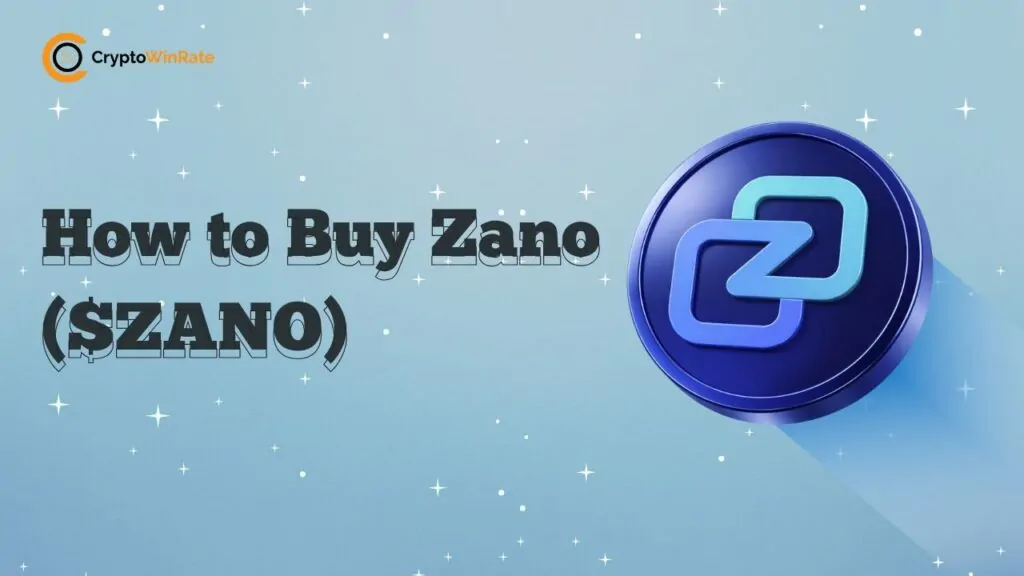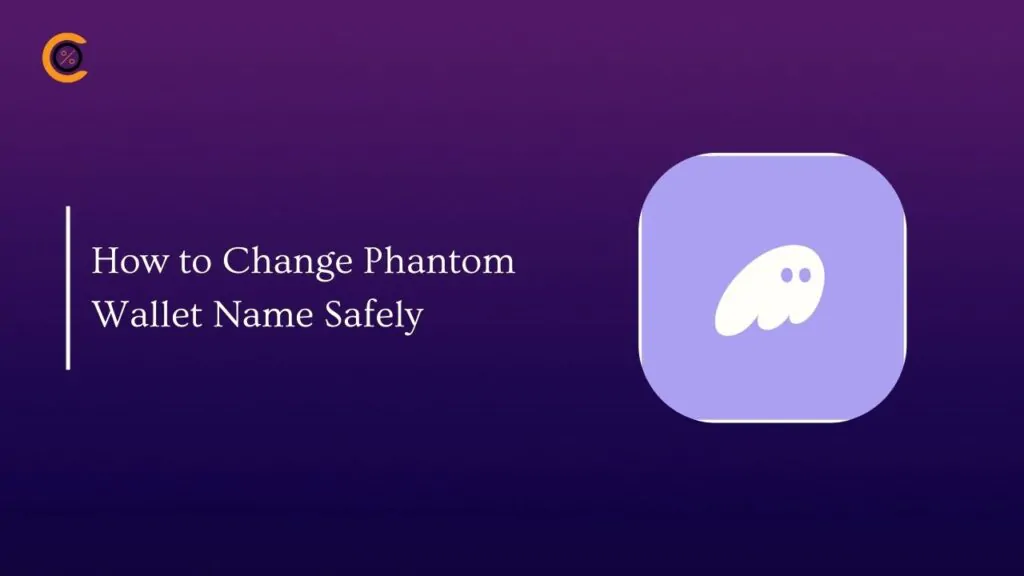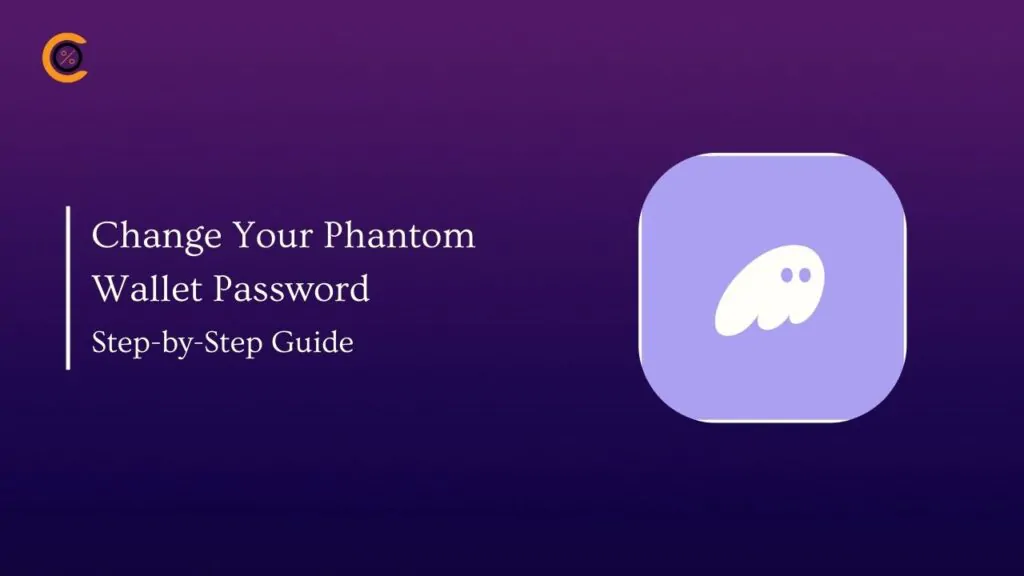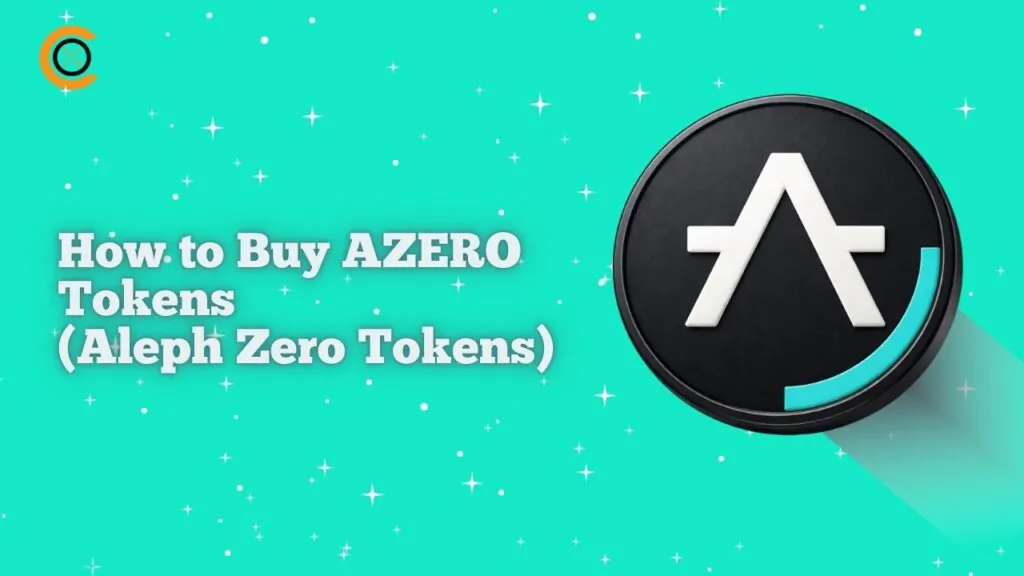- •Platforms like Coinbase, Gemini, and Binance US offer full regulatory compliance, fiat support, and tax reporting tools for U.S. residents.
- •Bitunix and BTCC provide high leverage and no-KYC access, but offer limited fiat options.
- •BYDFi stands out as the most balanced option, combining zero-fee spot trading, advanced tools, and flexible futures access for both beginners and pros.
Finding a reliable and compliant crypto exchange in the USA is essential for safe trading. With regulations enforced by bodies like FinCEN and the CFTC, only a limited number of platforms meet the legal standards required to serve U.S. users. This guide reviews the top crypto exchanges in the United States that combine regulatory compliance, user security, and valuable trading features.
Top 8 Crypto Exchanges in USA Reviewed
With strict regulations and growing demand, not every exchange is suitable for U.S. users. We’ve reviewed the top platforms that combine compliance, functionality, and accessibility. Each exchange listed below has been assessed based on trading volume, supported assets, fees, legal status, and overall user experience. Here’s what stands out:
- Bitunix – Best no-KYC exchange for high-volume futures trading
- BTCC – Best for ultra-high leverage and multi-asset derivatives
- Coinbase – Best regulated exchange for fiat support and tax reporting
- BYDFi – Best overall exchange for both beginners and altcoin traders
- Binance US – Best low-fee spot trading platform with strong compliance
- Gemini – Best for secure trading and long-term regulatory clarity
- Bitstamp – Best for fiat-friendly spot trading with institutional backing
- CoinCatch – Best new derivatives platform with proof-of-reserves transparency
| Exchange | Cryptos | Spot Fees | Future Fees | Max Leverage | Bonus | KYC |
|---|---|---|---|---|---|---|
| 1. Bitunix | 641+ | 0.10% / 0.10% | 0.02% / 0.06% | 125x | $5,500 | No |
| 2. BTCC | 400+ | 0.20% / 0.30% | 0.020% / 0.045% | 500x | $11,000 | No |
| 3. Coinbase | 297+ | 0.40% / 0.60% | 0.05% / 0.05% | 10x | None | Yes |
| 4. BYDFi | 801+ | 0.00% / 0.10% | 0.02% / 0.06% | 200x | $300 | No |
| 5. Binance US | 160+ | 0.10% / 0.10% | N/A | None | None | Yes |
| 6. Gemini | 110+ | 0.20% / 0.30% | 0.05% / 0.08% | 100x | None | Yes |
| 7. Bitstamp | 77+ | 0.25% / 0.35% | 0.02% / 0.07% | None | None | Yes |
| 8. CoinCatch | 279+ | 0.25% / 0.25% | 0.02% / 0.06% | 200x | $5,125 | No |
1. Bitunix
Bitunix is a fast-growing crypto exchange that has gained traction among US traders for its no-KYC access, high leverage, and simple interface. Founded in 2022 by Arron Lee, Bitunix is registered in the UAE and now holds a US MSB license. The platform currently supports over 541+ cryptocurrencies for Spot trading and offers up to 125x leverage on futures, with 400+ perpetual contracts listed. It is widely used by traders looking for flexibility without compromising on features.
US-based users can trade without identity verification, with withdrawal limits of up to $500,000 per day. With daily Futures trading volume exceeding $6.4B+, while the spot market is still developing with around $537 million in volume. Despite being new, Bitunix has quickly grown to over a million users, offering strong liquidity and 24/7 live support.
Fiat options are available via MoonPay and other providers, supporting Apple Pay, cards, and bank transfers. Bitunix also features copy trading and a Buy Low Sell High trading bot, making it easier for beginners to get started.
- Supported cryptocurrencies: 541+
- Max Leverage: 125X
- Spot trading fees: 0.10% maker / 0.10% taker
- Futures trading fees: 0.02% maker / 0.06% taker
Want a full breakdown of features, fees, and supported assets? Read our complete Bitunix review.
Bitunix Pros and Cons
| 👍 Pros | 👎 Cons |
|---|---|
| ✅ No-KYC with $500K daily withdrawal limit | ❌ Not regulated by major authorities |
| ✅ Up to 125x leverage | ❌ Smaller user base than top exchanges |
| ✅ User friendly | ❌ Not available in China |
| ✅ Easy fiat deposits (card, bank, Apple Pay) | |
| ✅ High liquidity ($6.4B+ daily volume) |
2. BTCC
BTCC is one of the oldest crypto futures exchanges still in operation, known for its no-KYC access and aggressive leverage offerings. Founded in 2011, BTCC is headquartered in London and holds a U.S. MSB license. The platform has averaged over $12 billion in daily futures trading volume, while its spot market, launched more recently, averages around $300 million. BTCC also reports a 135% reserve ratio as of June 2025, verified through Proof-of-Reserves.
The platform offers over 314 perpetual contracts with leverage going up to 500x, and over 400+ cryptocurrencies are supported in Spot. It supports additional markets including tokenized commodities, forex pairs, and stocks, making it suitable for multi-asset traders.
BTCC doesn’t handle fiat withdrawals or deposits directly. Users can fund accounts using crypto or payment cards. No KYC is required for basic trading, with withdrawal limits starting at $10,000 and increasing to $1 million for users completing Level 2 verification. Support is available through 24/7 live chat and email.
- Supported cryptocurrencies: 400+
- Max Leverage: 500X
- Spot trading fees: 0.20% maker / 0.30% taker
- Futures trading fees: 0.02% maker / 0.045% taker
Need to dig deeper into how BTCC works? You can find everything in our in-depth review.
BTCC Pros and Cons
| 👍 BTCC Pros | 👎 BTCC Cons |
|---|---|
| ✅ High leverage up to 500x on futures | ❌ High spot trading fees |
| ✅ No KYC required for withdrawals up to $10,000/day | ❌ No fiat withdrawal support, crypto only |
| ✅ Supports copy trading and demo accounts | |
| ✅ Offers forex and commodity trading options | |
| ✅ Strong proof-of-reserves ratios (135% in June 2025) |
3. Coinbase
Coinbase is one of the most regulated crypto exchanges in the U.S., serving over 108 million users with strict compliance, strong security, and fiat support. Founded in 2012 and based in San Francisco, Coinbase holds a U.S. MSB license and operates under full KYC/AML compliance. It supports fiat deposits in USD, EUR, and GBP, along with tax reporting aligned with IRS requirements (1099-DA). The platform is beginner-focused, with a user-friendly interface and 24/7 trading access.
Coinbase recently acquired Liquifi, signaling its entry into token launchpad services ahead of expected token issuance regulations. It also plans to roll out perpetual-style futures contracts under CFTC rules, with up to 10x leverage on selected markets. These additions aim to expand product offerings without compromising on regulatory alignment.
The exchange currently supports 297 cryptocurrencies and 164 futures contracts, with average daily volumes of $1.09 billion in spot markets and $810 million in futures. While suitable for casual users, the lack of advanced tools and high trading fees make it less ideal for professionals.
- Supported cryptocurrencies: 297
- Max Leverage: 10X
- Spot trading fees: 0.40% maker / 0.60% taker
- Futures trading fees: 0.05% maker / 0.05% taker
Looking for more details on Coinbase’s trading tools and limits? Check out our full review.
Coinbase Pros & Cons
| 👍 Coinbase Pros | 👎 Coinbase Cons |
|---|---|
| ✅ Reputable exchange | ❌ High trading fees |
| ✅ Very secure crypto trading platform | ❌ No Futures |
| ✅ Very beginner-friendly | ❌ Lacks advanced trading features |
| ✅ Highly regulated | ❌ No live chat support |
| ✅ Euro deposits supported |
4. BYDFi
BYDFi is a global trading platform offering no-KYC access, high-leverage futures, zero-fee spot trading, and smart automation tools, making it a practical choice for U.S. traders. Launched in 2019 and headquartered in Singapore, BYDFi holds a U.S. MSB license and supports over 418 spot cryptocurrencies and 421+ futures contracts, with leverage up to 200x. Its futures market averages $5.6 billion in daily volume, while spot trading is still growing, averaging $163.7 million.
In April 2025, BYDFi launched MoonX, a smart trading tool designed specifically for memecoin investors, with over 500,000 memecoins available. The tool includes fast listings, trend tracking, and automated trade execution.
Users can trade without KYC, with withdrawal limits reaching 1 BTC for unverified users and up to 1.5 BTC for Level 1 verified accounts. The platform also supports Grid and Martingale bots, copy trading, and demo trading. Fiat deposits are available via multiple third-party gateways including Transak, Banxa, Alchemy Pay, and Apple Pay. Fiat withdrawals are not supported.
- Supported cryptocurrencies: 418+
- Max Leverage: 200X
- Spot trading fees: 0.00% maker / 0.10% taker
- Futures trading fees: 0.02% maker / 0.06% taker
Want to dive deeper into features, fees, and user protection? Read our full BYDFi review.
BYDFi Pros & Cons
| 👍 BYDFi Pros | 👎 BYDFi Cons |
|---|---|
| ✅ 801+ Cryptos supported | ❌ No staking, lending, or NFT products |
| ✅ Features copy trading, grid bots, demo accounts, and MoonX memecoin tool | ❌ Lacks advanced order types |
| ✅ Low fees | |
| ✅ Up to 200x leverage | |
| ✅ Registered with U.S. FinCEN and Canada FINTRAC | |
| ✅ Free demo account |
5. Binance US
Binance US is a regulated exchange designed specifically for American users, offering secure spot trading, low fees, and fiat onramps. Launched as the U.S. arm of Binance, it operates independently but follows all U.S. regulatory requirements. Binance US holds a U.S. MSB license and requires full KYC verification for all users. USD deposits are insured (FDIC coverage via custodial partners), and funding is supported via ACH, wire, debit, and credit cards.
The platform currently lists over 160 cryptocurrencies and has recently expanded to include more than 50 USD trading pairs. Spot fees start at 0.1% but are reduced to 0% on selected Tier‑0 pairs. Binance US does not offer futures or margin trading.
Binance US is legal across all U.S. states except New York, Texas, Louisiana, Hawaii, Idaho, and Vermont. This makes it one of the most widely accessible regulated exchanges in the country.
Globally, Binance is one of the most successful crypto exchanges, with the most extensive features and the largest user base. This global footprint includes active participation in shaping digital-asset regulation, including U.S. partnerships in policy frameworks aimed at supporting crypto market growth.
- Supported cryptocurrencies: 160+
- Max Leverage: Not supported
- Spot trading fees: 0.10% maker / 0.10% taker
- Futures trading: Not supported
Curious about Binance US platform, fees, and KYC rules? Read our detailed review for all the insights.
Binance US Pros and Cons
| 👍 Binance US Pros | 👎 Binance US Cons |
|---|---|
| ✅ Extremely low fees for trading | ❌ Not available in all the states of the US due to local regulations |
| ✅ Clean UI across platforms; mobile app is highly rated | ❌ No futures, options, or leveraged tokens, it’s spot-only. |
| ✅ FDIC insurance on USD balances | |
| ✅ Allows staking |
6. Gemini
Gemini is a fully regulated U.S.-based crypto exchange known for its strong compliance record, fiat support, and secure trading environment. Founded in 2014 by the Winklevoss twins, Gemini is headquartered in New York and operates under strict U.S. regulatory oversight. The platform offers access to 77+ cryptocurrencies and 23+ perpetual futures contracts, with leverage up to 20x. USD, GBP, and EUR deposits are supported through card payments and bank transfers.
In early 2025, Gemini filed confidentially for a U.S. IPO, signaling long-term confidence in its growth and compliance strategy. In February, the SEC closed its investigation into Gemini with no enforcement action, providing additional regulatory clarity for users. The exchange also continues to expand its tokenized stock offerings, with ETFs and new asset classes expected soon.
Gemini’s 2025 Global State of Crypto report highlighted a rise in U.S. crypto ownership from 21% to 24%, largely driven by retail interest in memecoins. While the platform is beginner-friendly, it is not designed for high-frequency or advanced traders.
- Supported cryptocurrencies: 77+
- Max Leverage: 20X
- Spot trading fees: 0.25% maker / 0.35% taker
- Futures trading fees: 0.02% maker / 0.07% taker
For a complete overview of Bitunix’s pros, cons, and features, head to our full review.
Gemini Pros & Cons
| 👍 Pros | 👎 Cons |
|---|---|
| ✅ Beginner-friendly with a clean, intuitive interface | ❌ Fees are higher than many competitors and can be confusing |
| ✅ Available across all 50 U.S. states, including New York | ❌ Limited cryptocurrency selection on both spot and futures markets |
| ✅ Highly rated mobile app with both simple and advanced modes | ❌ Customer service limited to chat and email, no live phone support |
| ✅ Earn up to 5.76% APY on supported assets with Gemini Earn | ❌ Derivatives trading unavailable in the U.S. |
| ✅ Licensed New York trust company with strong regulatory oversight | ❌ Staking options are restricted compared to other exchanges |
| ✅ Pay with crypto at participating merchants via Gemini Pay | |
| ✅ Extra account protection with hardware security key support |
7. Bitstamp
Bitstamp is one of the oldest operating crypto exchanges, known for its regulatory stability, fiat support, and secure infrastructure. Established in 2011 and headquartered in Luxembourg, Bitstamp holds more than 50 active licenses and registrations worldwide, including in the U.S., EU, and APAC. It is fully KYC-compliant and supports fiat deposits in USD, EUR, and GBP via card and crypto transfers. The platform offers access to 102 cryptocurrencies, averaging $194 million in daily spot trading volume.
Bitstamp focuses exclusively on spot trading. It does not offer futures, options, or margin trading. The platform is known for high security standards, reliable performance, and a clean, beginner-friendly interface. However, fees are higher compared to other exchanges, and there are no advanced trading tools like bots or copy trading.
In June 2025, Robinhood completed its $200 million acquisition of Bitstamp, integrating the exchange into its broader crypto infrastructure. This move is expected to expand institutional-grade services, such as staking, lending, and deep liquidity, within the U.S. market and beyond.
- Supported cryptocurrencies: 102+
- Max Leverage: Not supported
- Spot trading fees: 0.30% maker / 0.40% taker
- Futures trading: Not supported
Explore Bitunix’s trading experience in more detail by reading our full exchange review.
Bitstamp Pros & Cons
| 👍 Bitstamp Pros | 👎 Bitstamp Cons |
|---|---|
| ✅ Trusted exchange since 2011 with a strong security track record | ❌ No live chat support, only e-mail |
| ✅ Now owned by Robinhood (2025), boosting credibility and U.S. presence | ❌ Relatively high trading fees |
| ✅ Regulated in over 50 countries | ❌ Lacks advanced crypto trading features |
| ✅ Clean, beginner-friendly interface | ❌ No futures or staking for U.S. users |
How to Choose the Best Crypto Exchange
When selecting a crypto exchange in the U.S., regulatory compliance and fund security should come first. All platforms operating legally in the U.S. must be registered as an MSB with FinCEN and follow KYC/AML protocols.
Traders should also consider platform fees, supported tokens, available trading types (spot, futures, staking), and deposit/withdrawal methods. U.S. users often prefer exchanges that offer fiat onramps (USD deposits via bank or card), reliable customer support, and strong risk controls like proof-of-reserves and asset insurance.
Lastly, each trader’s needs differ. Beginners may prioritize ease of use, while experienced traders might focus on leverage, low-latency execution, or automated tools.
Crypto Regulation in the USA
Crypto regulation in the U.S. is evolving. The Financial Crimes Enforcement Network (FinCEN) requires all exchanges to register as MSBs, perform KYC checks, and monitor for suspicious activity. The SEC and CFTC are also actively involved in oversight, particularly in defining whether certain tokens qualify as securities.
In 2025, there has been renewed interest in formalizing crypto legislation, with discussions around stablecoin frameworks, investor protection rules, and regulated token issuance. Platforms offering futures or derivatives must comply with CFTC standards. Exchanges that fail to meet these expectations risk fines or operational bans.
For U.S. users, this means choosing platforms that meet domestic compliance and avoid offshore services that carry added risk.
How to Buy Bitcoin in the USA
Buying Bitcoin in the U.S. is a simple process, provided you use a licensed and compliant exchange. Most platforms require identity verification and support common payment methods like bank transfers or cards. Here’s how to get started:
Step 1: Select a crypto exchange that is registered with FinCEN and supports USD deposits. Options like Bitunix, Coinbase, Gemini, and Binance US are commonly used by U.S. residents.
Step 2: Visit the exchange’s website and sign up with your email. Choose a secure password and enable 2FA if available.
Step 3: Submit the required documents (ID, selfie, and sometimes proof of address). Most U.S.-compliant exchanges require KYC before allowing fiat deposits or withdrawals.
Step 4: Fund your account using a preferred method—ACH transfer, debit card, credit card, or wire transfer. Some platforms may charge additional fees for card payments.
Step 5: Go to the BTC/USD trading pair. You can place a market order to buy instantly at the current price, or a limit order to buy at a specific price.
Step 6: You can leave your BTC in the exchange wallet or transfer it to a personal wallet for long-term storage. Hardware wallets or self-custody options are preferred for better security.
Bottom Line
Every trader has different priorities, some value tight security and regulatory clarity, while others are focused on leverage, token variety, or low fees. If you’re looking for a fully compliant platform with fiat support, Coinbase, Gemini, and Bitstamp are solid options. For those seeking high leverage and no-KYC access, Bitunix and BTCC offer more flexibility but come with additional risk of weak regulation.
BYDFi stands out for altcoin access, automation tools, and beginner-friendly features. Binance US strikes a balance between compliance and functionality, though it’s unavailable in a few states.
Ultimately, the best exchange is the one that aligns with how you trade and what you need access to, whether it’s regulated spot trading, futures with leverage, or automated strategies.
FAQs
1. What’s the best exchange to trade crypto in the U.S.?
The best all-around platform is BYDFi, it combines zero-fee spot trading, high-leverage futures, no mandatory KYC for basic access, and robust automation tools, making it ideal for both traders and investors.
2. Is cryptocurrency allowed in the U.S.?
Yes. Trading crypto is legal. However, platforms must be registered with FinCEN and comply with U.S. regulations (KYC, AML, tax reporting). Choose exchanges with proper licensing and transparency.
3. Which exchange has the lowest trading fees in the U.S.?
Binance US offers the lowest spot trading fees, 0% on selected BTC/ETH pairs (Tier 0), and up to 0.10% on others. It also supports fee reductions via BNB usage.
4. Which exchange is best for beginners?
Coinbase is most beginner-friendly in the U.S. It offers a clear interface, step-by-step guidance, fiat onramps, and full KYC compliance, though fees are higher.
5. Do I need to pay taxes on crypto in the U.S.?
Yes. The IRS treats cryptocurrency as property. That means you must report gains or losses from selling, trading, or spending crypto. Reputable exchanges like Coinbase, Gemini, and Binance US provide tax forms (like 1099s) to help you file accurately.


